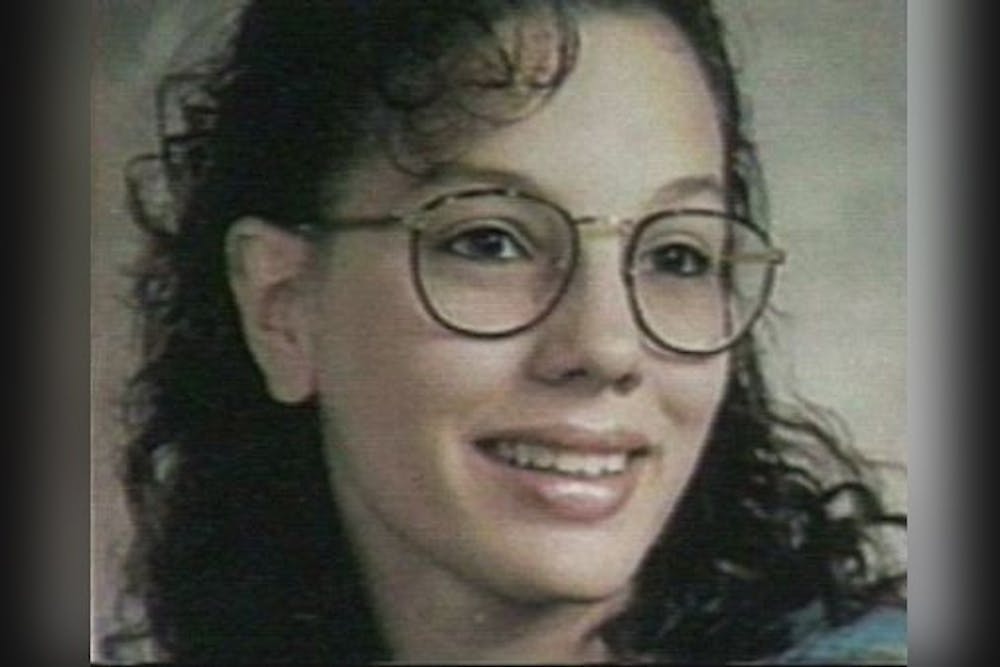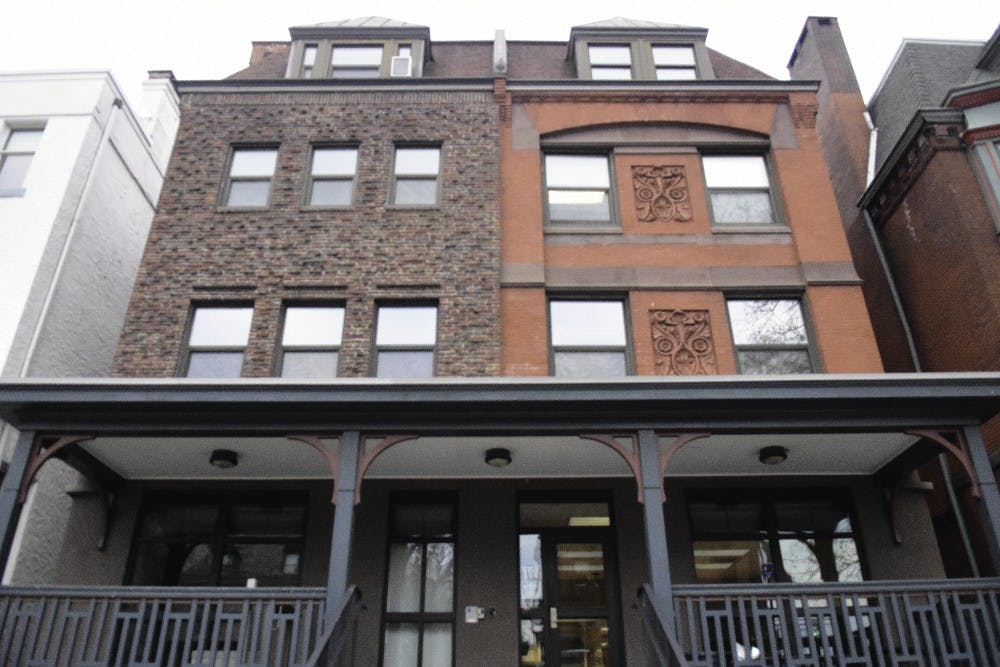
Penn's Ortner Center helped Tina Brosius get released from prison, making her the first Pennsylvanian woman since 1990 to be freed from a life sentence.
In December, Tina Brosius became Pennsylvania's first woman since 1990 to be freed from a life sentence in prison — with the help of 12 Penn students.
Brosius was one of a handful of women assisted under the “From Cell to Home” program, created by the Ortner Center on Violence & Abuse in Relationships, where Penn students and faculty members help incarcerated women serving life sentences apply for commutation.
Brosius was convicted of murder in 1994 when she was 18 years old, for allowing her newborn baby to drown in a portable toilet. Now 43 years old and with two daughters, Brosius' supporters say she has grown remarkably and guided several other young women while in prison.
Pennsylvania Governor Tom Wolf commuted her life sentence on Dec. 20 and she will be released from prison to a community corrections center, although an official release date has not been set yet. After one year she will be on parole for the rest of her life sentence.
Pennsylvania is one of five U.S. states where those sentenced to life in prison must die incarcerated because they are not eligible for parole. The only way to be released is to receive commutation, or a reduction of a prison sentence that would result in their release under parole supervision.
Funded by Penn Law's Quattrone Center, the project is led by Nursing professor Kathleen Brown, who expanded her previous work with men's prisons to the Ortner Center’s program in fall 2017, when the Center decided to aim their efforts on incarcerated women. The program hopes to help three to four women per semester, Project Coordinator and 2018 College graduate Nia Kaudo said.
The Center's website states that over 200 women are serving life sentences at the Muncy and Cambridge Springs prisons in Pa. Women are enrolled into the "From Cell to Home" based on several criteria, most importantly signs of "remorse and reformation," Brown said.

The Ortner Center on Violence and Abuse in Relationships is located at 3815 Walnut Street and is comprised of Penn faculty and students passionate about the mission's cause.
“The prison and corrections offices have carefully selected the inmates with whom we work," Ortner Center Executive Director Susan Sorenson said. "We’re putting effort into those who we think will stand a good chance to gain their freedom."
Each incarcerated woman works with two Penn students who write research-based academic papers to support the inmate's petition to be commuted. The students also visit at least one prison before their interviews with the women in the program.
One inmate may have 40 years of case files for students to dig through, Kaudo said.
“We saw where they ate, slept, how they lived," Kaudo said. "You want to be able to get inside of that realm when you’re writing for someone. We were able to see the barbed wire, buildings where people with severe mental disabilities were held, a 14-year-old girl held in isolation because she was not allowed to be with adult population.”
Kaudo added that all the women they work with have experienced some form of sexual or physical abuse in their lives. Brown is currently working with one woman who received a life sentence for being present while her abusive boyfriend killed his ex-wife, although the woman says she never helped plan the crime and was forced to assist him.
Brown said the gratitude she sees the women express is indescribable.
“This is not just for Tina, it’s wonderful for everyone, all the women," Brown said. "They can see now that it’s possible. The project is about getting out as many as I can because it brings hope to the people who are remaining."
The Daily Pennsylvanian is an independent, student-run newspaper. Please consider making a donation to support the coverage that shapes the University. Your generosity ensures a future of strong journalism at Penn.
Donate







